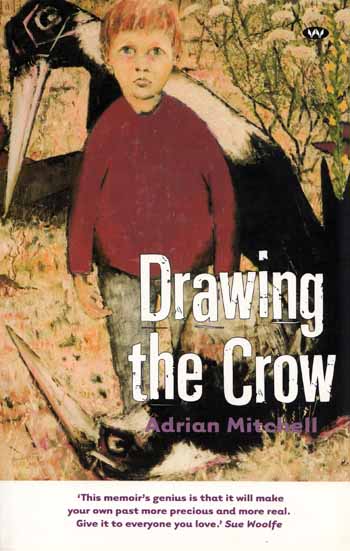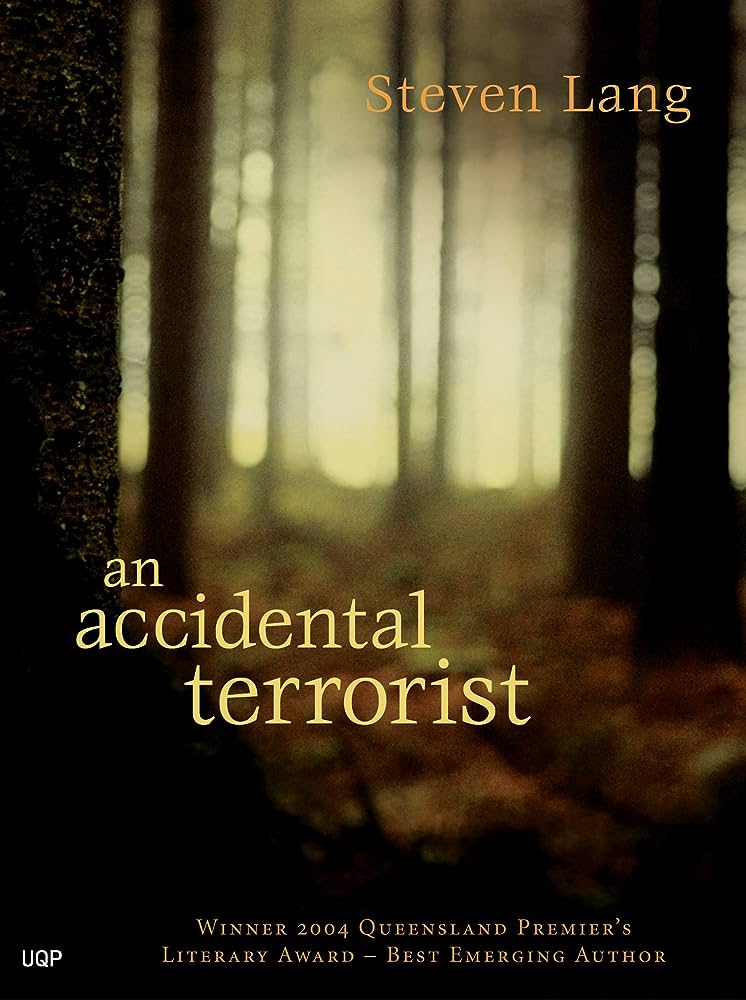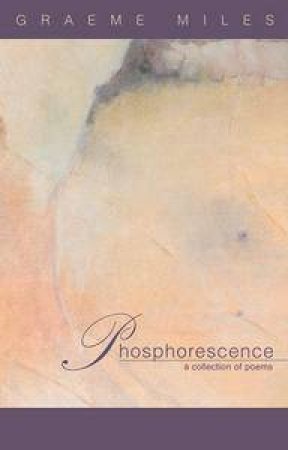Archive
In her review of Arabella Edge’s The God of Spring (ABR, March 2006), Melinda Harvey asserts that the novel is ‘classifiable as “artist fiction”, that boom genre of literary fiction ...’ a genre that involves, she declares, ‘a kind of “painting by numbers”, which is why it’s not surprising that many of its best exponents, Edge included, are graduates of Creative Writing departments’. I am not interested in arguing with Harvey’s analysis of Edge’s novel: it is her casual dismissal of works by ‘graduates of Creative Writing departments’ that concerns me. If I had a dollar for every time I’ve heard similarly purse-lipped comments, variations on the ‘this author is a writing school graduate (sniff) – and it shows …’ theme, I’d be – well, I’d have a jingle in my pocket. I can only assume that such jaundiced remarks spring from some misapprehensions about, or perhaps a studied indifference to, what graduate writing programmes actually involve. As a graduate of one such programme – I was in fact one of Arabella’s MA classmates— I am glad to be given the opportunity to help dispel some common, but decidedly mistaken, notions.
... (read more)Biographers like to start their versions of the life of Samuel Barclay Beckett by wondering if he left the womb on 13 May 1906, as his birth certificate indicates, or on Good Friday, April 13, as he claimed. This time the master of grim humour and existential doubt isn’t having a lend of us – it was black Friday – though his claim to memories before that passage are more doubtful. Nevertheless, for me, the Beckett myth is born with the story of when he was a boy growing up in Foxrock, outside Dublin, fearlessly climbing a sixty-foot fir tree in the family garden. Standing atop, with his arms spread wide, he launches himself into the sky like an Anglo-Fenian Icarus; apparently, he had always wondered if the lower branches would catch him. Finding that they did, more or less, this naturally became the ten-year-old’s favourite pastime. To his mother’s horror, he repeated this plummet over and over again, and he didn’t always injure himself.
... (read more)Want to write a letter to ABR? Send one to us at This email address is being protected from spambots. You need JavaScript enabled to view it..
... (read more)Phosphorescence by Graeme Miles & Peeling Apples by Tessa Morris-Suzuki
What works you did will be yourself when you
Have left the present, just as everything
The past passed to the present must become
A terrible unstoppable one blend
Of being there (the world) and not to be
(The Self). Grow old along with me, the best
Is bet to be – the worst (of course) lack(s) all
Conviction, as the poet mistranscribed,
Storming a grave to satisfy his pride.
They love me, all my words, despite how often
I made fools of them, betrayed them, begged
Forgiveness of them. They are like the million grubs
Which swarm around their Queen. I file them in
Wide boxes where they wait their Master’s Voice,
Accusing and defending. A letter plans
To burst in sullen flame, its heat conserved
By what was written once – but chiefly silence
Triumphs under missing banners – death
Will be the one unmentionable
Impossibility. What happened lives
Parenthetically and privately.






